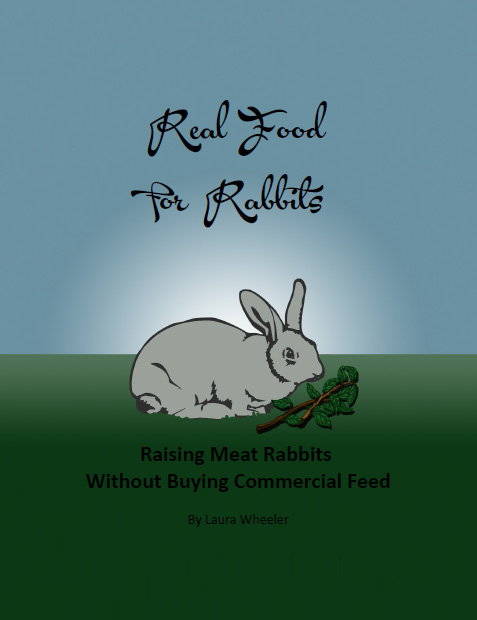Myths About Raising Pigeons
Pigeons are often denigrated and labeled as "dirty", and called "flying rats". They are accused of being carriers of disease, messy, and a nuisance. Usually when we stop finding a use for something, the accusations of unpleasantry escalate, and so it is with the Pigeon.
Pigeons are, in fact, no more "dirty" than any other fowl, and quite a bit cleaner than most! Unlike chickens, they will bathe daily if given water to do so. In fact, Pigeon health can be gauged largely by feather appearance - a clean and shiny pigeon is usually a healthy one.
Pigeons don't stink either! Only unhealthy Pigeons will have smelly droppings. Many anti-pigeon sources state that they are smelly birds - assuming that if one bird (like Chickens) smell, then all must. But this is not so. If a Pigeon loft or coop smells like a Chicken coop, then something is wrong with the birds. Under normal conditions, Pigeons are good stealth birds!
Pigeons also carry no more disease than chickens, and no more that can spread to humans. They have the same risks for allergies and pathogens in their droppings as those carried by chickens.
Pigeons are simply more maligned than chickens. Chickens, you see, are useful, and confined to farms. Pigeons can thrive in the wild, and live alongside people, and make use of some of the negative aspects of society. So when people get out of control, Pigeons get out of control!
Pigeons live where people give them good conditions to live. That means nice housing, and good food. They find food either in farmer's fields, or from litter that has been carelessly handled by people. Pigeons thrive in cities because there is always someone willing to make a mess that contains food that Pigeons can eat! Pigeons also live well in many parks because of people who come to feed them.
Since Pigeons are no longer considered useful, and we do not gather them up as a food source for ourselves, they multiply and overpopulate without controls. Exterminators LOVE this, because they've got a service to sell, and rapidly expanding Pigeon populations keep them happily employed. The irony is that if you exterminate Pigeons, they increase their breeding and quickly replace the Pigeons that were removed.
Pigeons, you see, expand according to available food. If the food supply remains the same, the population of the Pigeons will always recover within a few months. If food supplies dwindle, Pigeon populations dwindle in proportion to the food. So if you think there are too many Pigeons, the solution is to remove the food sources - encourage people to stop feeding them, or figure out a way to encourage people to stop littering.
Healthy Pigeons are not a risk to society. Ok, so they foul benches and poop on statues. There are worse things. They really don't make people sick as a rule.
When Pigeons are NOT healthy, it is more of a reflection on the way PEOPLE live, than anything particular to Pigeons. Pigeons are a good indicator of the state of living - when Pigeons have high rates of disease and pests, something is wrong with the environment in which they are living. They show damage long before people show damage. Having Pigeons around gives us a warning - like the Canary in the coal mine. If there are elements which are harming the Pigeons, sooner or later they'll harm us, and we'd better pay attention.
There are other myths regarding the raising of Pigeons. One is that they cost nothing to raise. The other is that they are too expensive to raise. How is it that those two myths can be perpetuated when they are mutually exclusive?
The first one assumes that you can let your pigeons fly wild. There are reasons why this is a very bad idea now. We cover them in detail elsewhere. This is the only way you can raise pigeons without having to provide feed.
The second one assumes that you buy all of the feed for the pigeons, according to the recommendations of feed suppliers and commercial raisers. There is pretty much never an instance where you can do that with ANY farm animal and come out ahead! It will always cost you more than the food in the stores, because you cannot get low bulk prices for the feed.
The truth lies in the middle. You buy some feed, you grow some feed, you feed the Pigeons some scraps. It is much like raising chickens, though Pigeons need more grain and less meat. It can be economical if you are creative in how you feed them.
Other issues in raising Pigeons depend largely on how you intend to do it. Raising them in today's world IS different than it was a century ago, but it is still a practical and workable option.
Click to Download Your Free Heritage Pickling and Culturing e-Book Now!
Instant Download, NO Registration Required!






